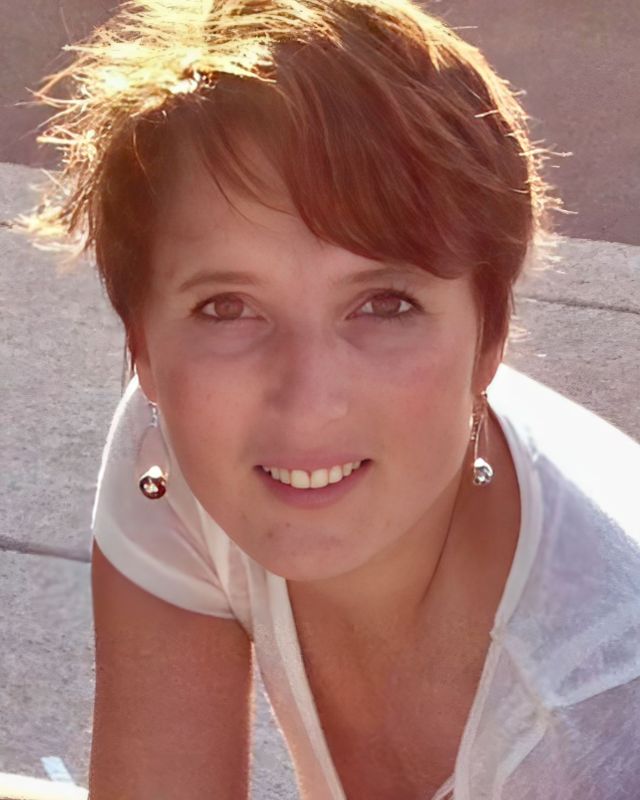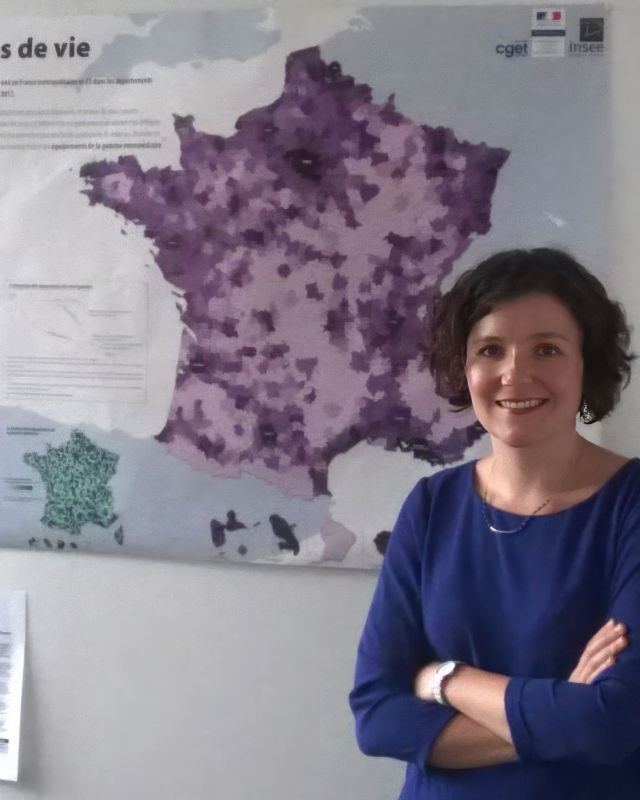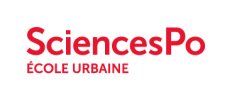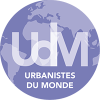Portrait
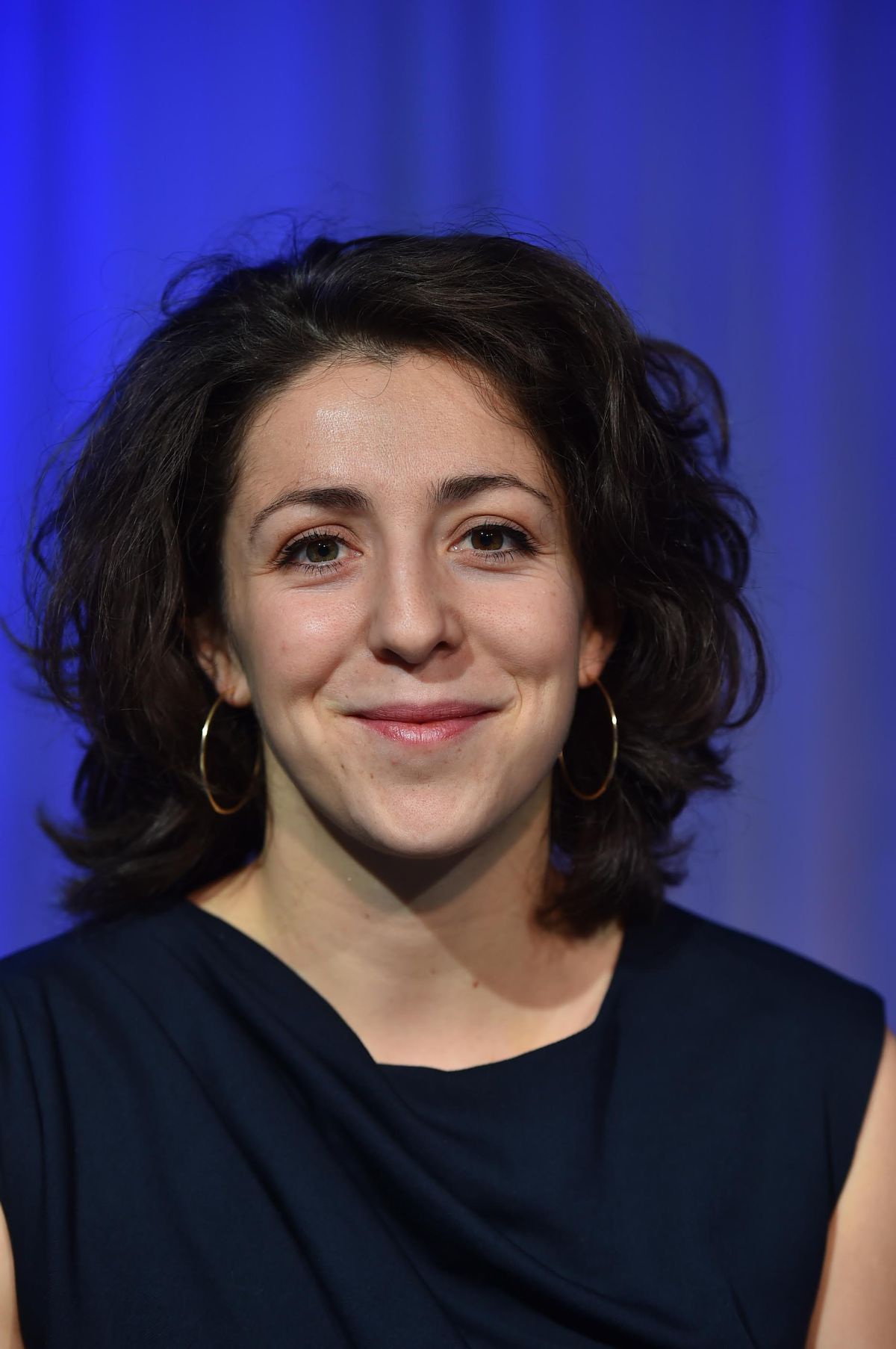
Audrey Noeltner - GLM 2012 - Co-Founder and Project Manager of the NGO Womenability
Posted on | Alumni Portrait
One of the first graduates of the Governing the Large Metropolis master's program at the Urban School, Audrey has had several professional experiences in both consulting and associations, until she and other colleagues embarked on the Womenability adventure. This NGO, at the crossroads of consulting and awareness-raising on the status of women in urban areas and gender discrimination, proposes solutions for an equitable city for all. In Situ had the opportunity to meet Audrey for a coffee in early December, to talk about her journey and to present the Womenability project.
The city, on both sides of the Atlantic
French-American, Audrey studied between Canada and Saint Guillaume Street. She first obtained a Bachelor's degree in Environment at Concordia University in Montreal, with a minor in urban planning. This confirmed her long-standing interest in urban issues, which she had already developed during the many trips she had taken with her family while growing up, between Paris, New York and Los Angeles.
It was by chance that Audrey discovered Sciences Po. An acquaintance in Paris told her about the Urban School. The following year, she joined the GLM master's program, which had just been founded. It was a small class, 19 students, and the atmosphere was like a small family. Gabriel Odin, one of the three other co-founders of Womenability, was also a member of the class. During these two years of training, Audrey explains that she was able to further develop her interest in large metropolises and international urban planning.
From citizen participation to community empowerment
After six months of internship in Manila, Audrey first worked as a consultant for MuseD.Territoires, specialized in the themes of citizen participation in France and the revitalization of suburbs. Audrey has also been involved in many associative projects on the same theme, that of providing greater inclusion of citizens in public policies and in local collective life. She also co-founded the association One, Two, Three...Rap! whose goal is to promote the teaching of English in the most disadvantaged areas. It is therefore the issues of social urbanism, the issues of urban communities in everyday life that have occupied Audrey during her first professional years.
Feminism and urbanism
Then there was a personal experience, an awareness and a commitment. Street harassment can take many forms, many degrees up to violence. Even while riding a bike home in La Courneuve. It was this experience that was the catalyst for all the previous experiences, a new reflection on the right to the city, to move. Audrey suddenly realized that not everyone has the same right to the city, nor the same freedom to be and move around in an urban environment. This combined with all the associative experiences she had had before: the absence or minority of women present in the community building process in the suburbs, fewer women moving around, few speaking out. There were also the discrepancies between the different conditions of women that Audrey had observed while traveling. There was a sense of the need to find solutions to these everyday problems of women in the city.
The Womenability Project
With Charline Ouarraki, Julien Fernandez and Gabriel Odin, helped by Leïla N'ciri, an STU alumna and Joséphine Hebert, a GLM alumna at Sciences Po, they thus founded the Womenability project in 2015. The goal, to make gender equality a reality in the cities of tomorrow, through the collection of information, the creation of new databases on this poorly documented topic, and provide an index of solutions to women's issues in the city. Audrey is now the president, but it is a team of nine social entrepreneurs who have embarked on this innovative project. The association has received support and advice from other older feminist associations. Audrey mentions in particular the NGOs Place à Elles and Genre et Ville with which the team has been able to collaborate. Womenability is thus at the crossroads of numerous personal reflections and academic studies on gender and the urban environment, with a view to finding solutions to the daily problems of women in the city and eventually proposing them for application in public policies in city halls.
Making gender speak differently
Audrey then explained that the approach at Womenability was to support personal experiences and reflections on gender discrimination in the city, collected, shared and lived, with broader qualitative and quantitative studies. The association thus corresponded to a new need to create data on urban facts and women. At the time of its creation, both the Ministry of Women's Rights and the Paris City Council were unanimous in their observation that there was a cruel lack of knowledge, information and solutions on the part of public authorities regarding gender discrimination in urban space.
Womenability's three-dimensional mission
It is first of all an exploratory approach, both qualitative and quantitative. It is about recovering the expertise of city users themselves, to generate new databases on women's problems in the city, to identify the problems, to distinguish their variations between the different cities of the world, to study all their forms. Inspired by Jane Jacobs' concept of "eyes on the street", which Audrey strongly recommends reading, Womenability's aim is to create a more open city, to bring women back into the street, so that they can also appropriate it, and reappropriate it, without fear. To do this, Womenability has carried out its world tour of cities, a total of 13 urban walks in as many different cities, organized in collaboration with local feminist and/or LGBT associations. 209 people responded to the questionnaire, always with the aim of gathering different urban knowledge on the situation of women. In the end, the data collected, the solutions and the proposals formulated by Womenability will be sent to local associations and city councils, as knowledge sharing is another extremely important aspect of Womenability's work.
In the same vein, Womenability publishes interviews with women mayors, who represent only 10 to 15% of elected officials in the world today. The association wants to raise awareness of this inequality by tracing the careers of these women. Finally, Womenability also publishes interviews with a wider audience but just as targeted: the best practice interviews. These interviews highlight specific projects that work and that can now serve as models for public policies in terms of gender equality. Examples of these good practices include the mixed-gender solutions in skate parks in Sweden, or the open and mixed environments set up in Vienna for sports practice.
Audrey's great reading advice
Jane Jacobs, The Death And Life of Great American Cities
Pour aller plus loin
Céline Terrier-Laurens - GTU 2005 - Olympic and Paralympic Project - Paris 2024 : Environment, Planning and Greater Paris Coordinator at the General Secretariat of the City of Paris
Posted on January 25, 2017
Céline is passionate about urban planning and architecture. Always oscillating between the strategic and the operational and having worked at different scales…
Laure Cardinal - STU 2008 - Evaluation officer at the General Commission for Territorial Equality
Posted on November 09, 2016
Laure Cardinal graduated from the STU Master in 2008 and is in charge of the evaluation mission at the Direction des Stratégies Territoriales of the Commissari…
 English
English  Français
Français 